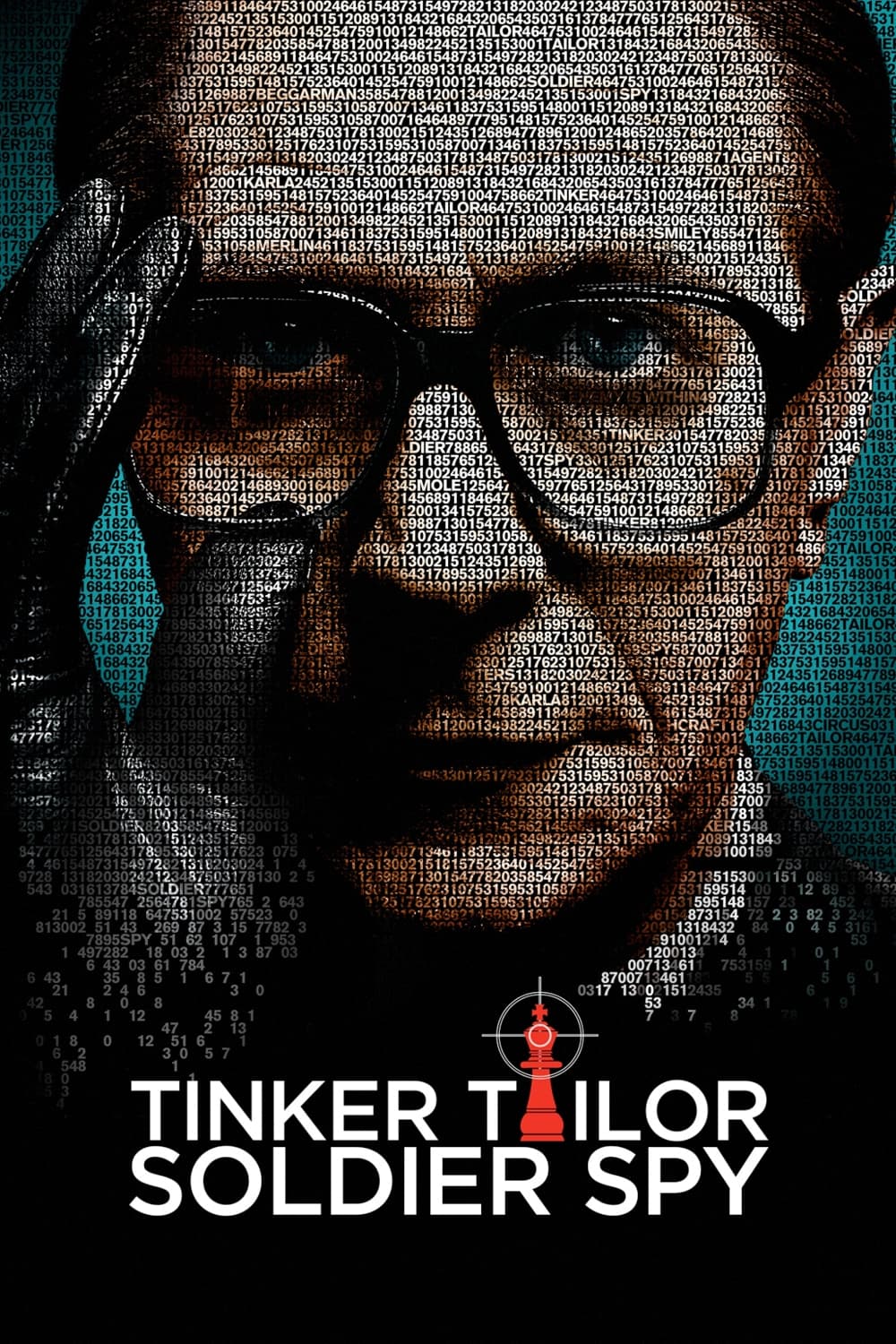
In the bleak days of the Cold War, espionage veteran George Smiley is forced from semi-retirement to uncover a Soviet mole within his former colleagues at the heart of MI6.
09 Feb Tinker Tailor Soldier Spy (2011)
Control
My notion of noir is simple: it is a form of narrative that recognizes that there is a viewer, and that the presence of the viewer reshapes the world to make an interesting story. That is, various unlikely circumstances occur; portholes to visibility by us as ghosts are opened; knowledge by the characters of what is going on are gated by what we know in a too and fro of dominance.
It is, in other words, a world where the very presence of a viewer controls various aspects. A central character (usually one, usually a random man) struggles with how he is buffeted; comes perhaps to understand it and in the normal form achieves points in the game that puts him at the same level as the viewer.
We are a sophisticated people, and this has been around for a long time — and in cinema and cinematically influenced art as well. So we have some clever adaptations and twists. One common form is the massive, all-controlling conspiracy. Another is the modern detective story where the discovery is about the detective‘s self as much as grokking the murder. Yet another is the con story where we follow the controller‘s actions but only at the end discover the means of manipulation.
Here we have another variant, which is essentially a detective story to discover who is the control over the world that is manipulating our random guy, aptly named Smiley. It shares elements of the three examples above, but allows for a deeper texture because it recalls worlds that have dynamics we understand. So a talented filmmaker can reference these.
And boy do we have a talented filmmaker!
One world is simply the world of men with power and how they perform small ballets in their relationships one to another to be top dog, using deniable, even unconscious tactics. This becomes the foremost world in this film, and gives our main actors something to use. All of them are first rate; all respond with insights from the craft. Kathy Bates is perfectly placed as a displaced analyst with enough vision to value ‘her boys‘ for their sexual attractiveness at the top of the heap we see.
Another world is the cold war. It was hot when the book appeared, but the book already was treating it as a sort of fantasy world that came with prefabricated rules. In some ways, it has taken until now for this perspective to fully mature so that this film in this time can be far deeper than the original novel was in its time. Frankly, in its time it was trash for airport reading, of the Grisham variety.
Yet another world is that of Britain in the early seventies. This was a bleak country, still not recovered from the war while its adversaries were soaring. It clung to the US instead of the continent. There is a wistful desire to please the master here that hits home for this US viewer, knowing what I know about the relationships of the intel communities.
And we have the inner, personal world of loves, companions, friends, trust and sex. These are always where the bones of a story rest, and are broken.
All of these are noir worlds, all manipulated by various controls (Controls, as a proper noun).
All of these are masterfully called, merged and presented with us unsure of what we control.
Already, I have this as a candidate for one of my two rare selections of the most important films of 2012 (my ‘Fours‘).
See it. See it in a theatre.
Posted in 2012
Ted’s Evaluation — 3 of 3: Worth watching.


No Comments